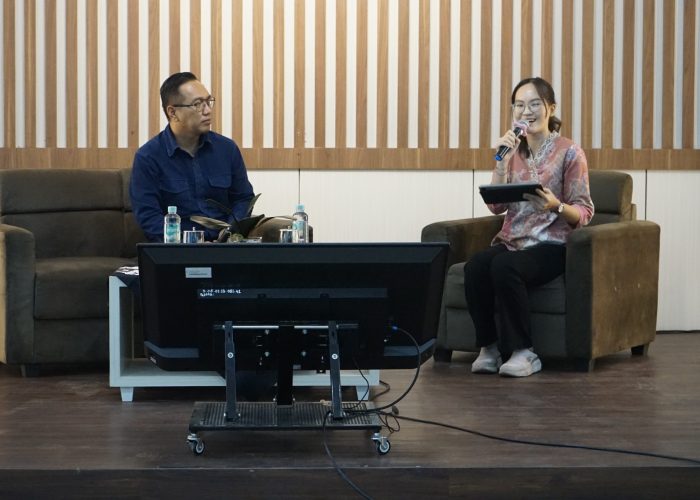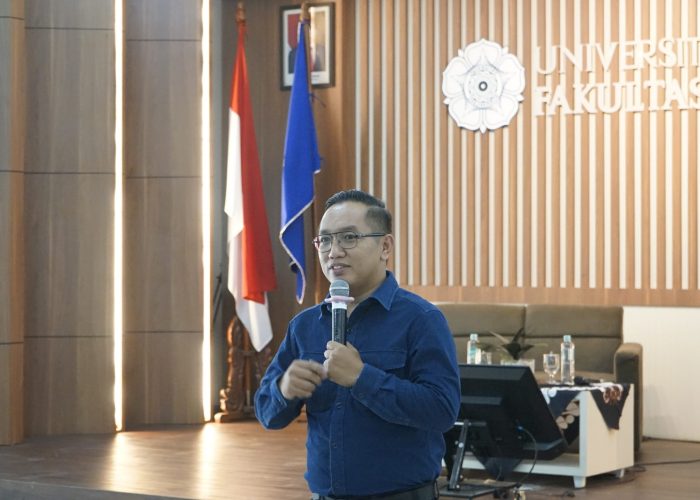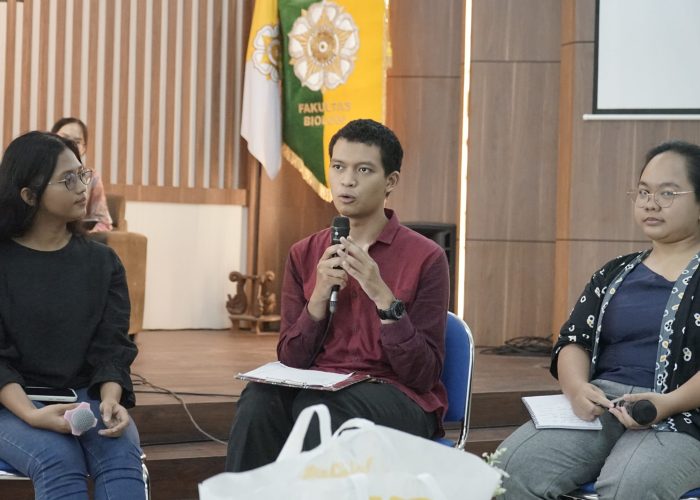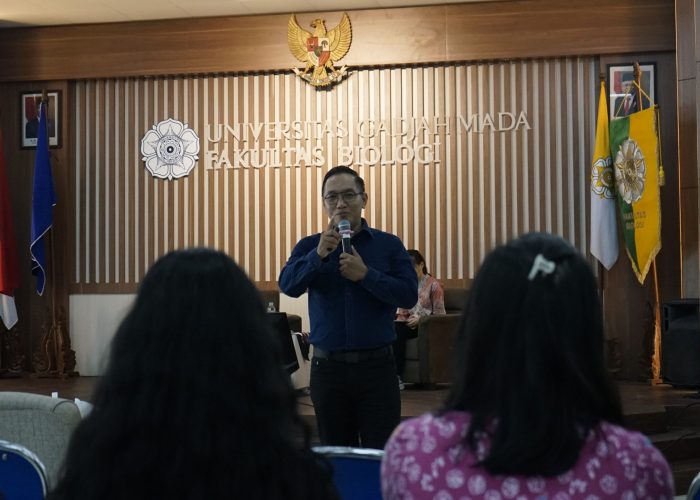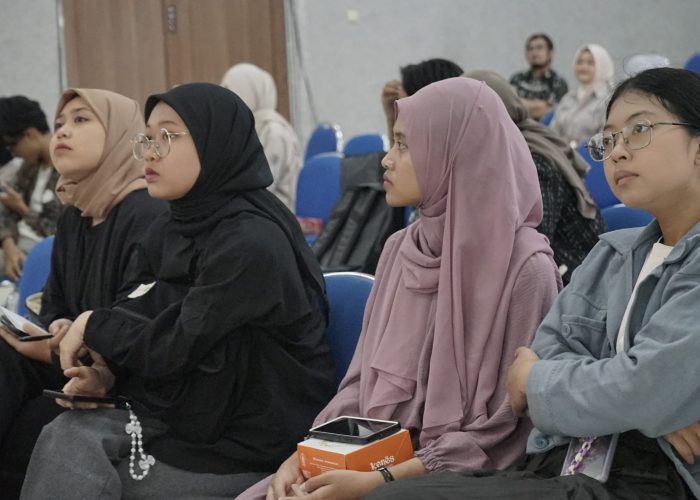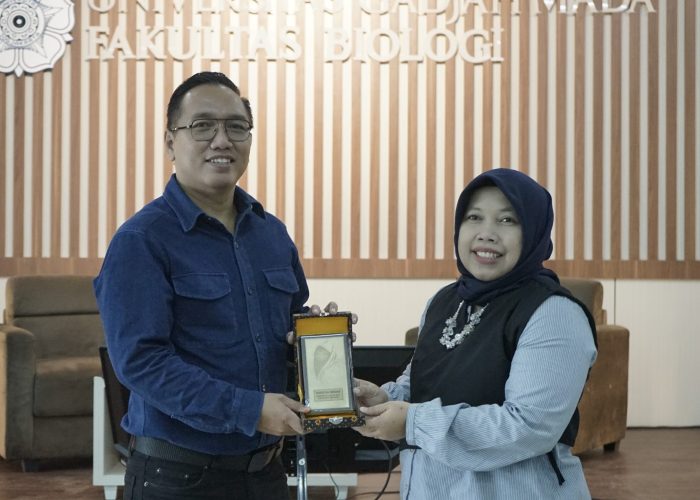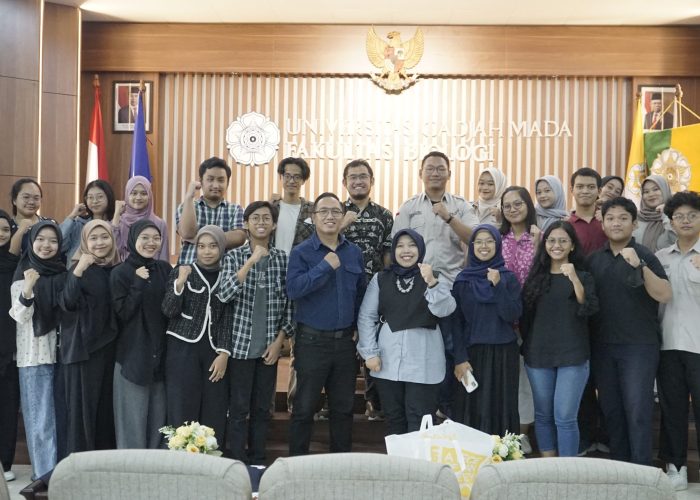The event concluded with the presentation of mementos to the speakers in appreciation of their participation and the knowledge they shared, followed by a group photo session with all participants, both in-person and online.
[Author: KSK]
News ReleaseStudent Activities Tuesday, 29 October 2024
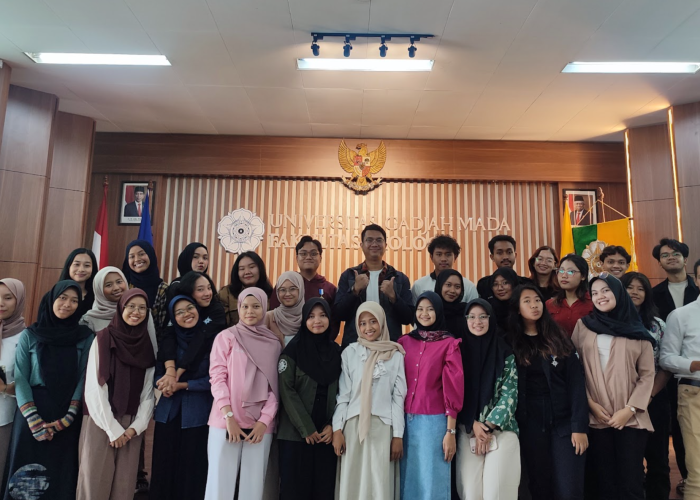
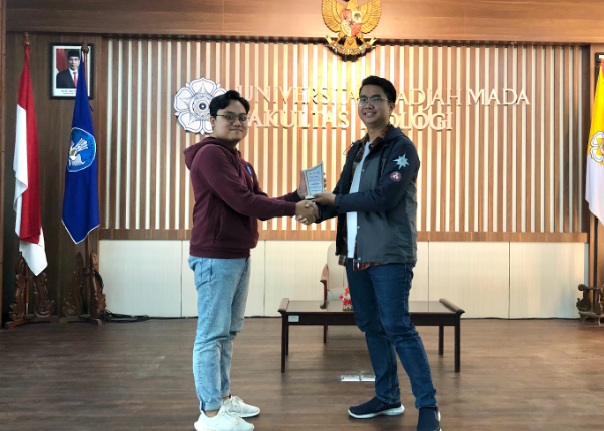
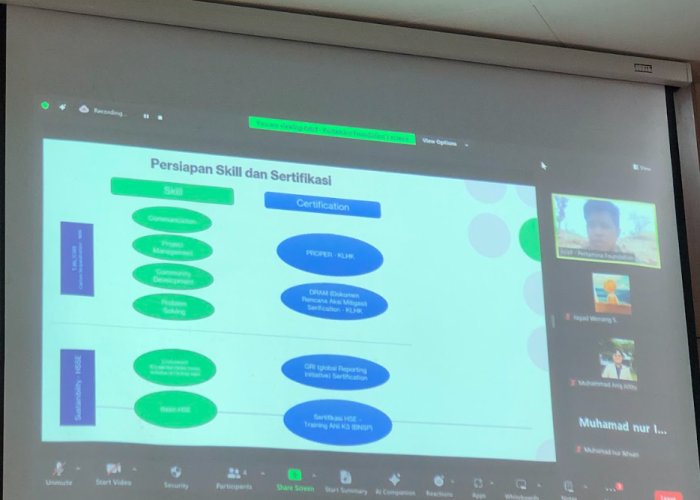
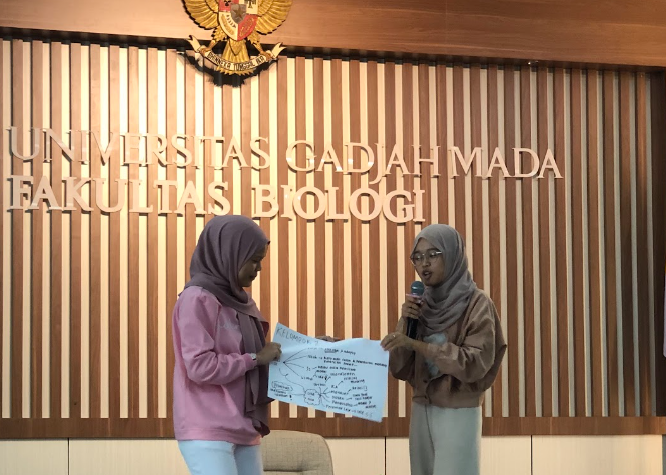
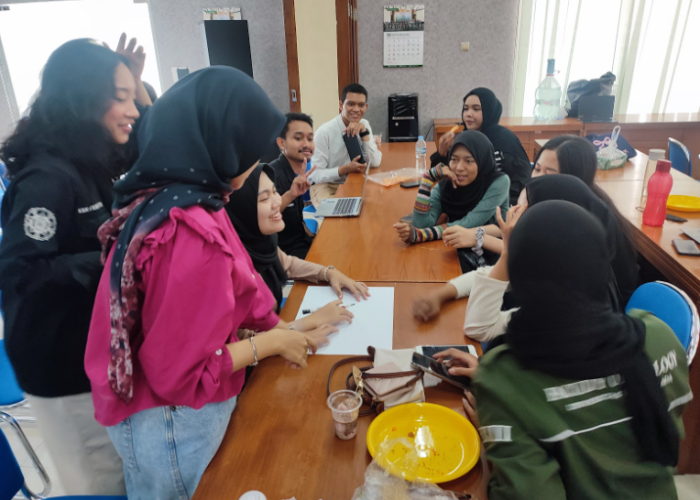
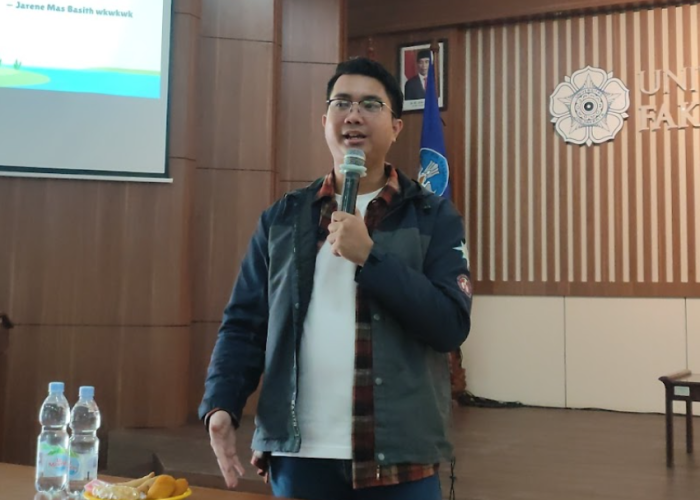
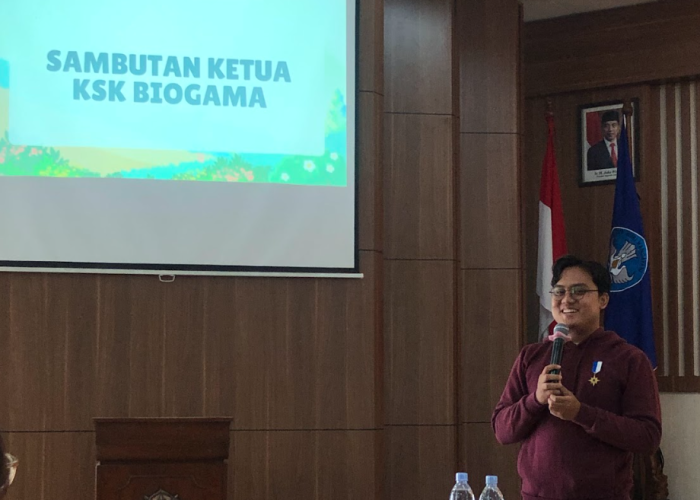
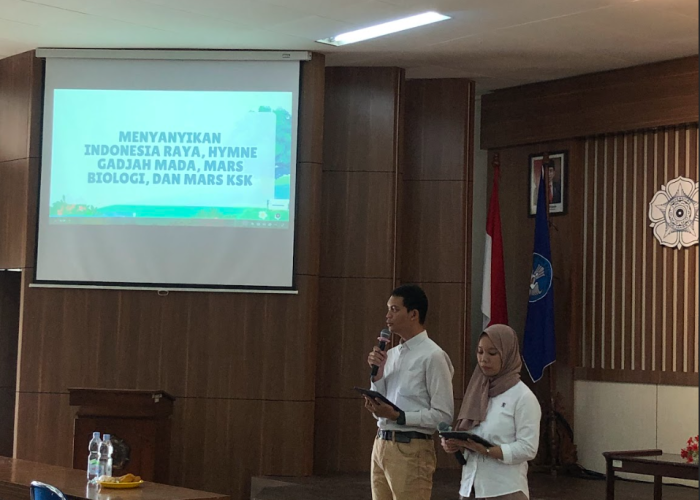
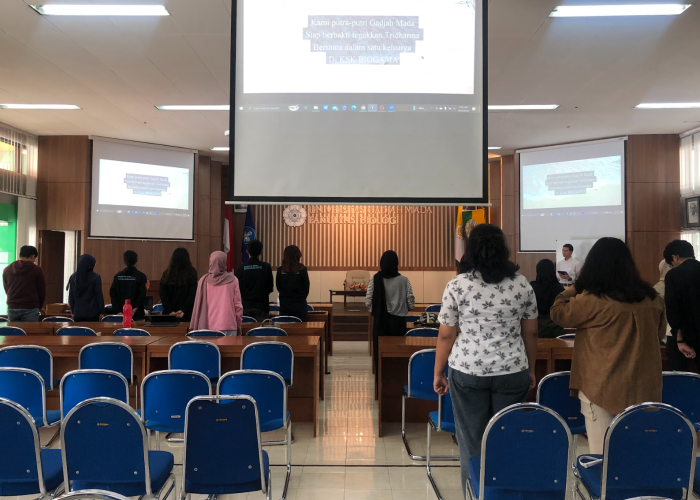
[Author: KSK]
AchivementsStudent Activities Tuesday, 29 October 2024
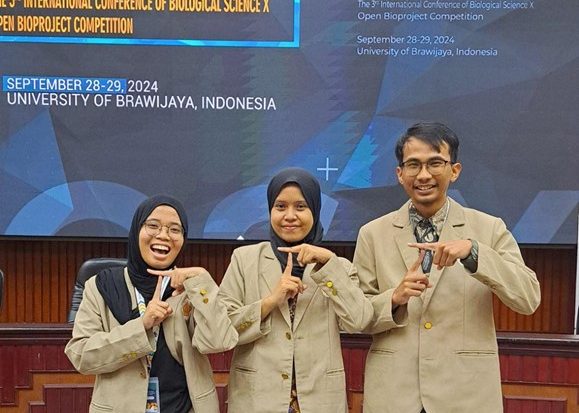
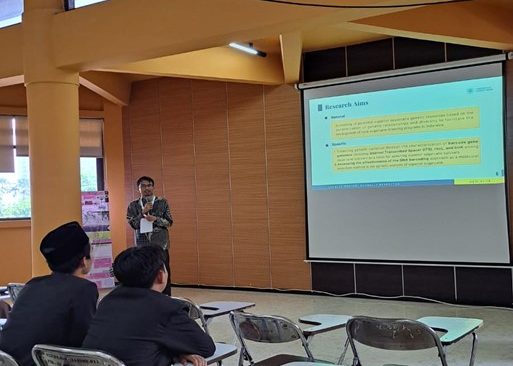
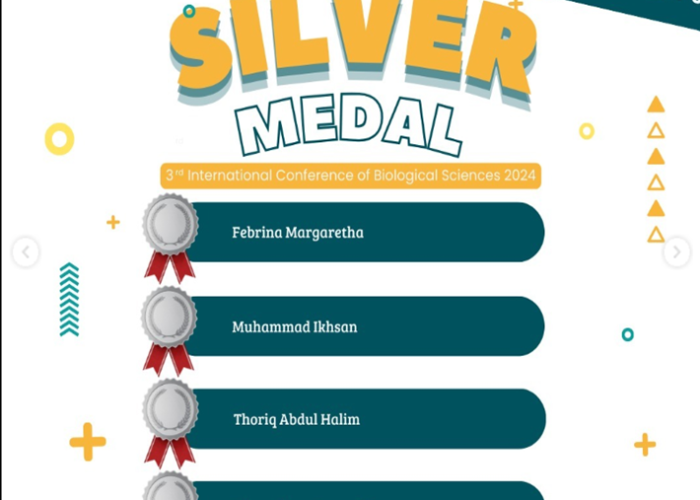
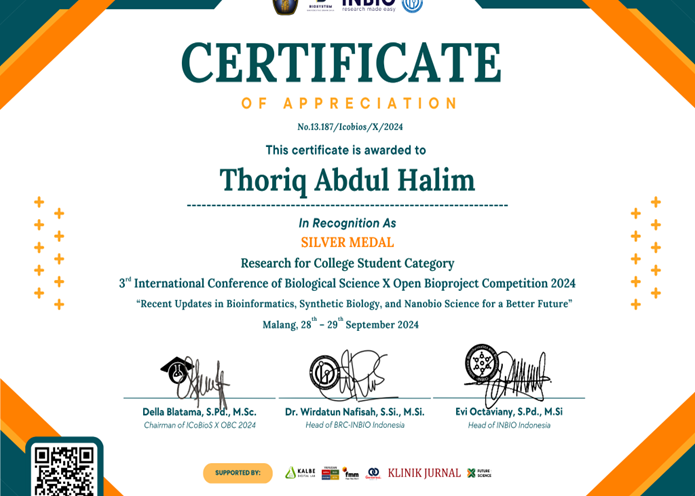
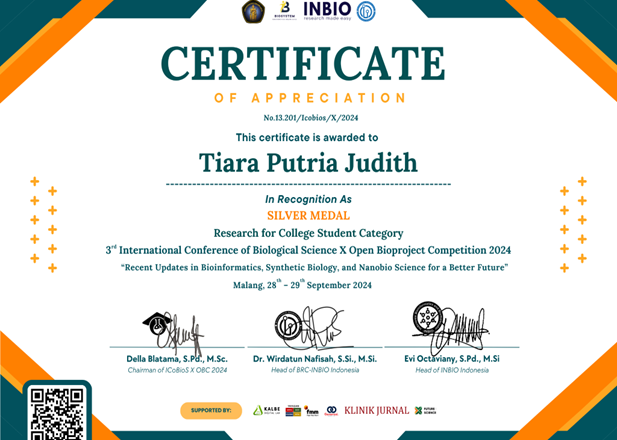
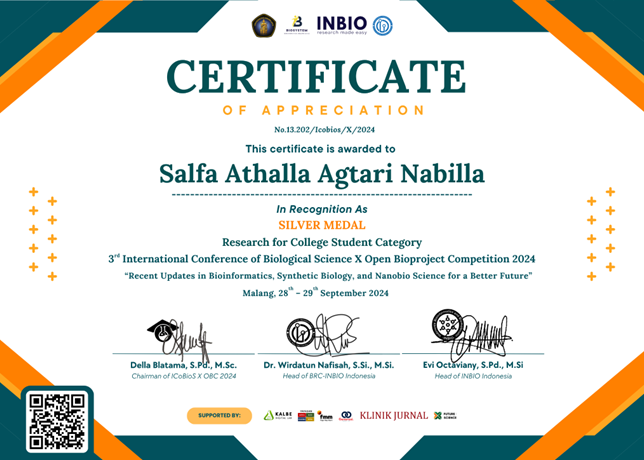
CooperationNews Release Monday, 28 October 2024
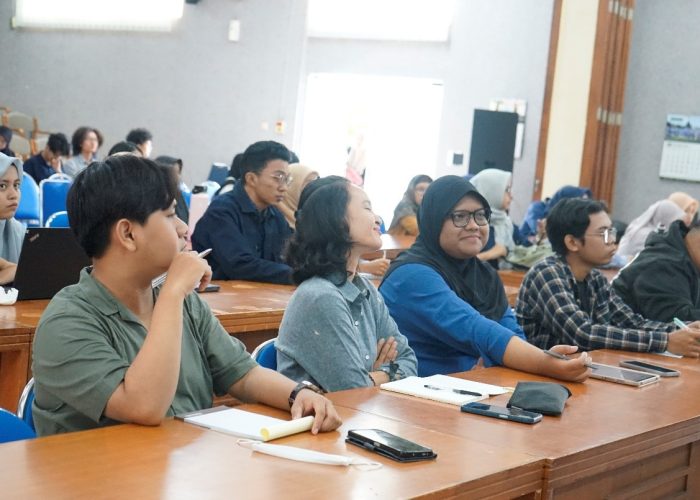
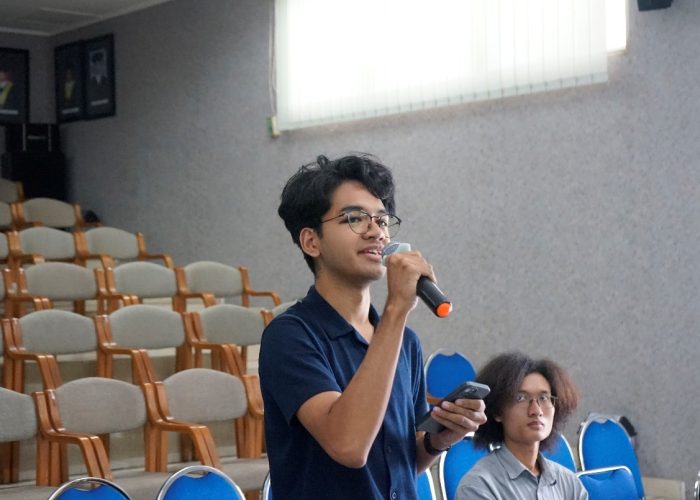
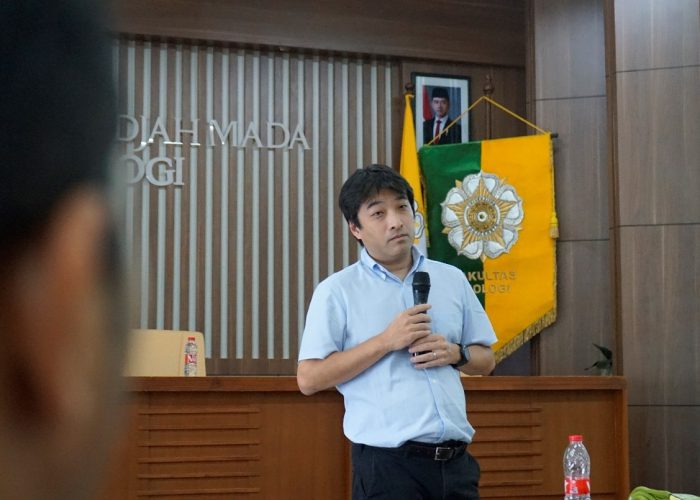
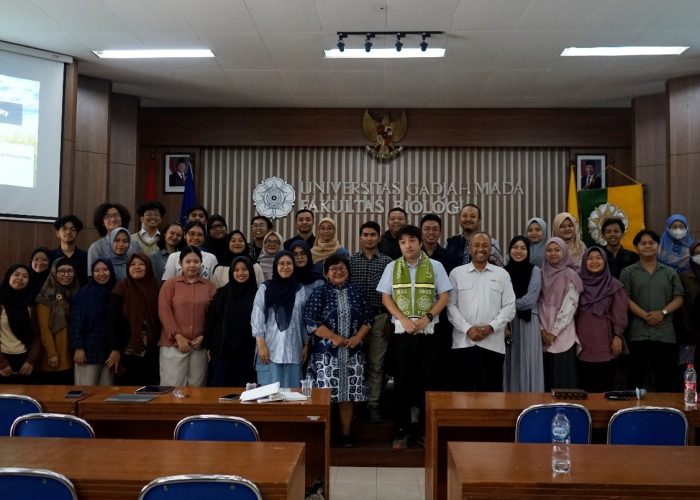
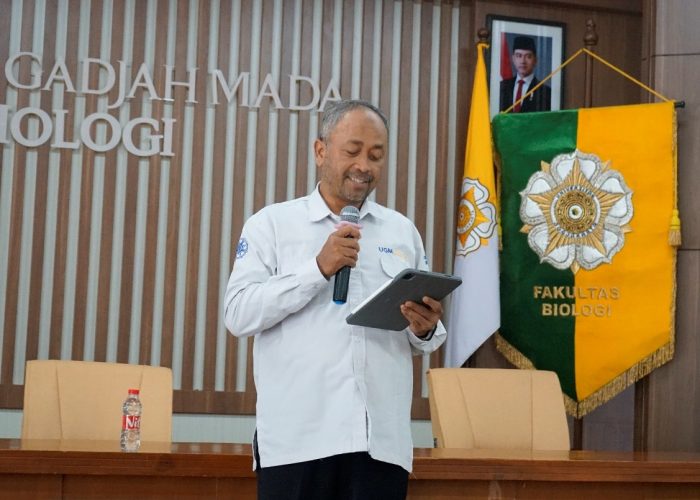
News Release Friday, 25 October 2024
Yogyakarta, 24 October 2024 – The Faculty of Biology, Universitas Gadjah Mada (UGM), successfully conducted an otolith training session on 23-24 October 2024. The training aimed to enhance participants’ understanding and skills in otolith analysis, which is crucial in studying fish populations and age determination to support sustainable fisheries management. The training was attended by a representative from the Agency for Quality Control and Supervision of Marine and Fisheries Products, Ministry of Marine Affairs and Fisheries, Mr. Eko Hendri Gunawan, S.Pi., M.Sc.
The training was led by the keynote speaker, Mrs. Nur Indah Septriani, S.Si., M.Sc., Ph.D., a lecturer from the Faculty of Biology UGM and an expert in animal structural adaptation. She was assisted by Pradnya Paramitha, S.Si., who supported the practical sessions. The training covered the basic theory of otolith analysis, hands-on fish age identification, and in-depth discussions on the implications of otolith studies for the sustainability of fish populations in Indonesian waters.
Related SDG Points
This training supports several Sustainable Development Goals (SDGs), including:
SDG 4: Quality Education – The training plays a role in enhancing the capacity of professionals in marine resource management through high-quality, science-based education.
SDG 14: Life Below Water – Participants gained skills to analyze otoliths, which contribute to the preservation of fish populations, maintaining marine ecosystem balance, and supporting sustainable fisheries.
SDG 17: Partnerships for the Goals – This event strengthens the collaboration between the Faculty of Biology UGM and the Ministry of Marine Affairs and Fisheries in enhancing human resource capacity in the marine sector.
This otolith training is expected to contribute to the responsible utilization of fishery resources while promoting practical knowledge development for marine experts and practitioners in Indonesia
CooperationNews Release Friday, 25 October 2024
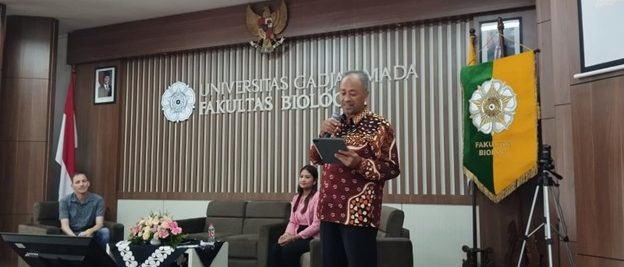
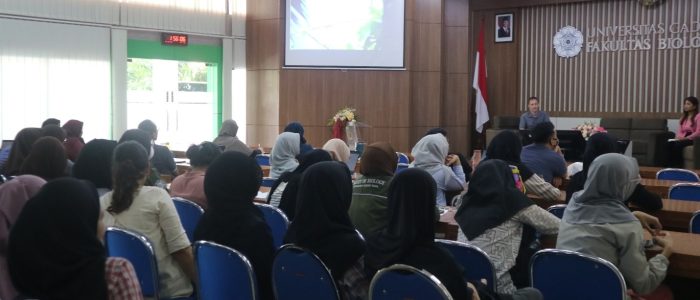
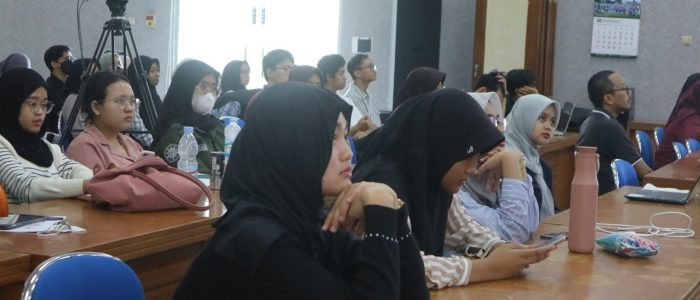
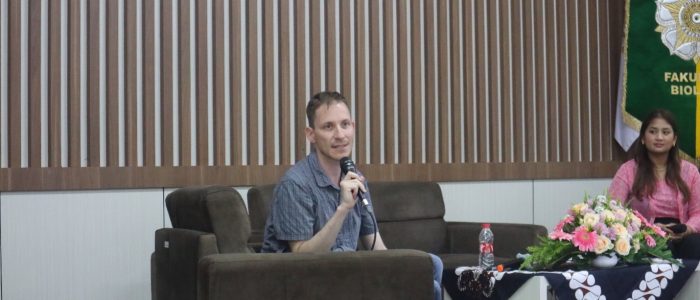
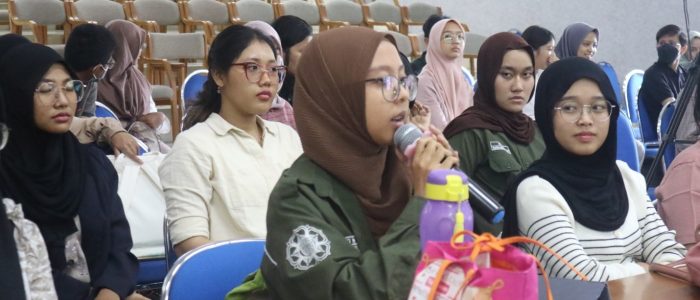
News Release Thursday, 24 October 2024
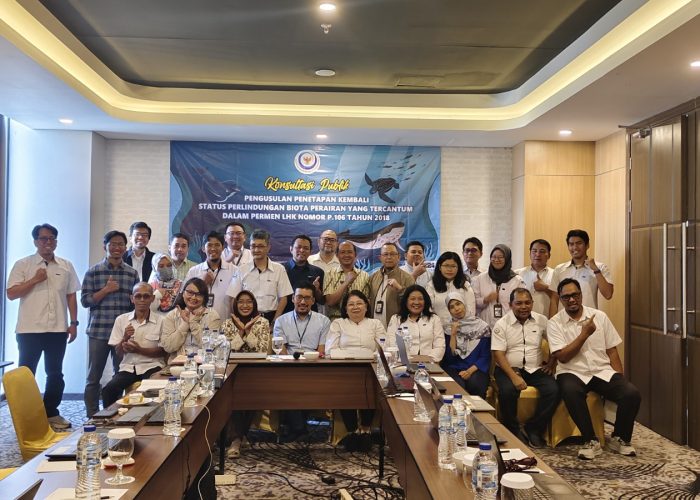
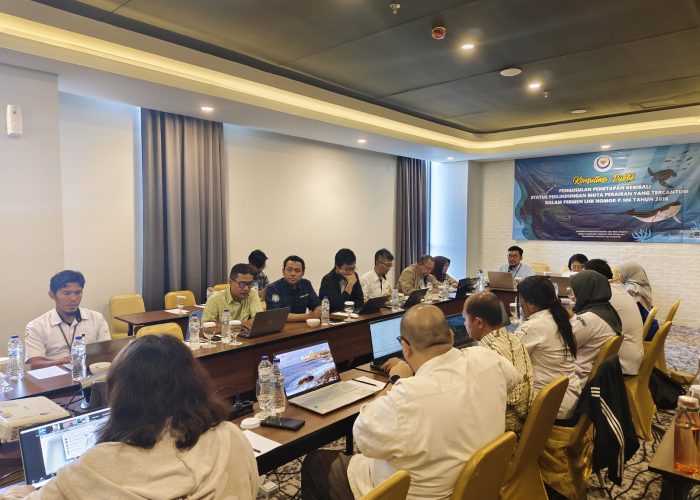
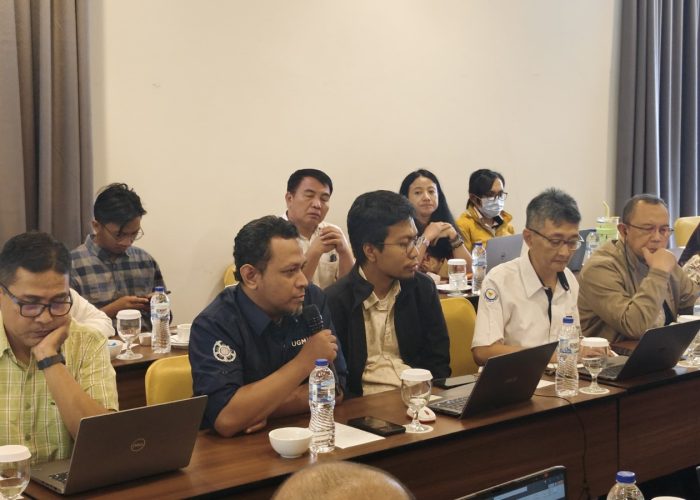
News ReleaseStudent Activities Thursday, 24 October 2024
The MBKM Research Team from the Faculty of Biology, Universitas Gadjah Mada (UGM), consisting of Fanny Najmi Faza and Syafa Erista Hidayah, actively participated in the ICOBIOS X OBC 2024 international conference, organized by the Indonesian Biology Generation (INBIO-Indonesia) at Brawijaya University, Malang, on September 28-29, 2024.
ICOBIOS is an international forum that brings together researchers, academics, and practitioners from various countries to exchange ideas and the latest discoveries in biological sciences. This year, ICOBIOS X OBC 2024 adopted the theme “Recent Updates in Bioinformatics, Synthetic Biology, and Nanobio Science for a Better Future,” aiming to explore innovations in bioinformatics, synthetic biology, and nanobio science. Through seminars, panel discussions, workshops, and interactive scientific competitions, participants are able to deepen their knowledge and expand their professional networks, fostering future collaborations.
At this event, the MBKM Team presented their research under the guidance of Dr. Woro Anindito Sri Tunjung from UGM’s Faculty of Biology and Dr. Didik Huswo Utomo from INBIO-Indonesia. Their research focused on screening 10 species of Citrus plants in Indonesia, including Kaffir lime (Citrus hystrix), Key lime (Citrus aurantifolia), Mandarin orange (Citrus reticulata), Sweet orange (Citrus sinensis), Pomelo (Citrus maxima), and Lemon (Citrus limon), known to contain volatile compounds capable of disrupting the olfactory system of mosquitoes and even causing their death.
This research aims to identify the most effective citrus species in controlling Aedes aegypti mosquitoes, the vector of Dengue Fever, using an in silico approach. The results indicate that among the 10 species, four citrus plants—C. hystrix, C. aurantifolia, C. reticulata, and C. limon—show the greatest potential as bioinsecticide agents due to their high levels of the volatile compound Terpinen-4-ol, which strongly interacts with the mosquito odor receptor protein (Ace-1).
These findings are expected to support the development of environmentally friendly bioinsecticide products that can be applied by the public, reducing the use of conventional chemical insecticides that contribute to environmental pollution. Additionally, this research contributes to several targets of the Sustainable Development Goals (SDGs), including SDG 3: Good Health and Well-Being, SDG 12: Responsible Consumption and Production, and SDG 17: Partnerships for the Goals. This research strengthens collaboration between academics, researchers, and practitioners to develop sustainable, nature-based solutions for public health challenges.
News ReleaseStudent Activities Tuesday, 22 October 2024
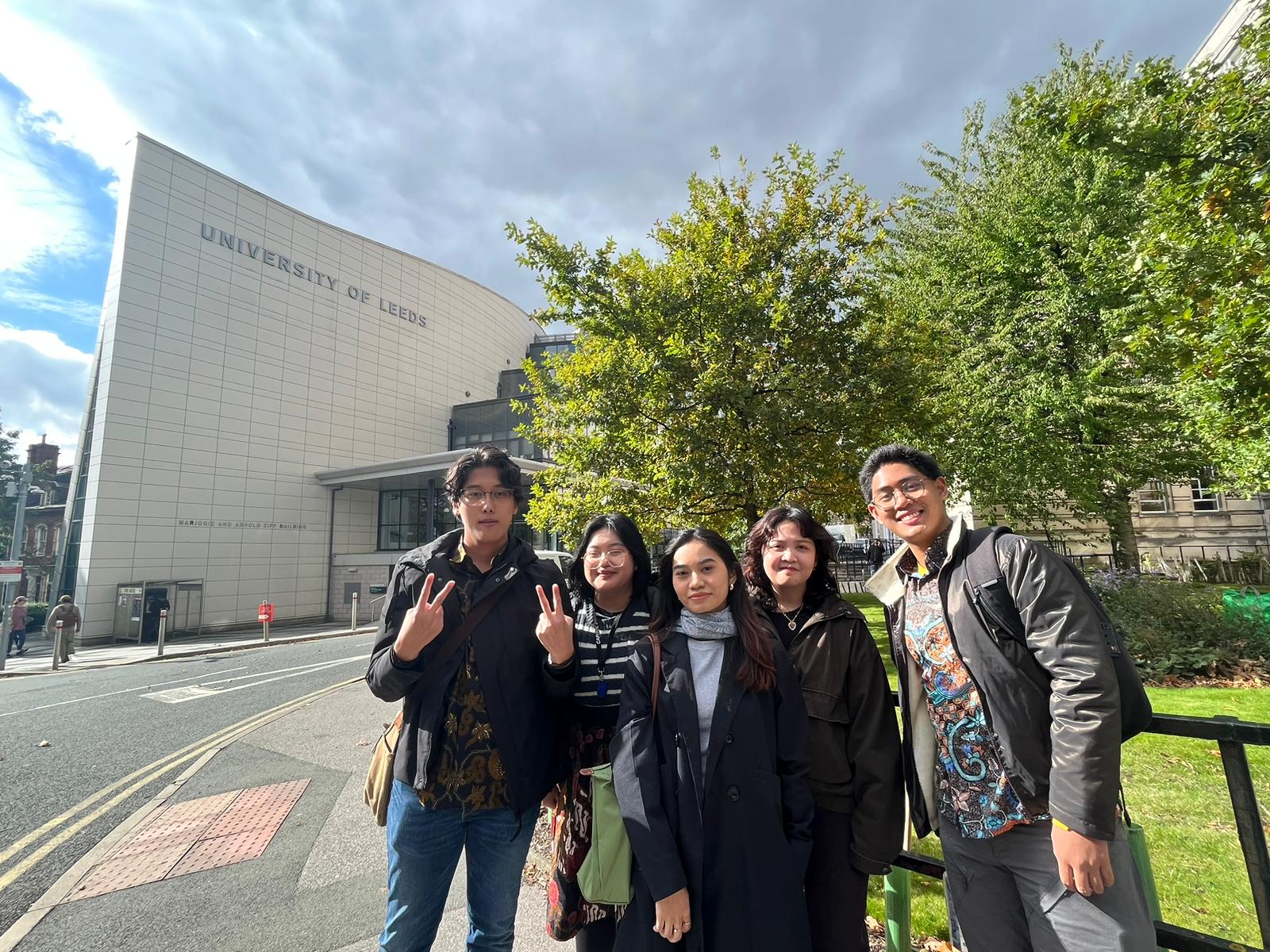
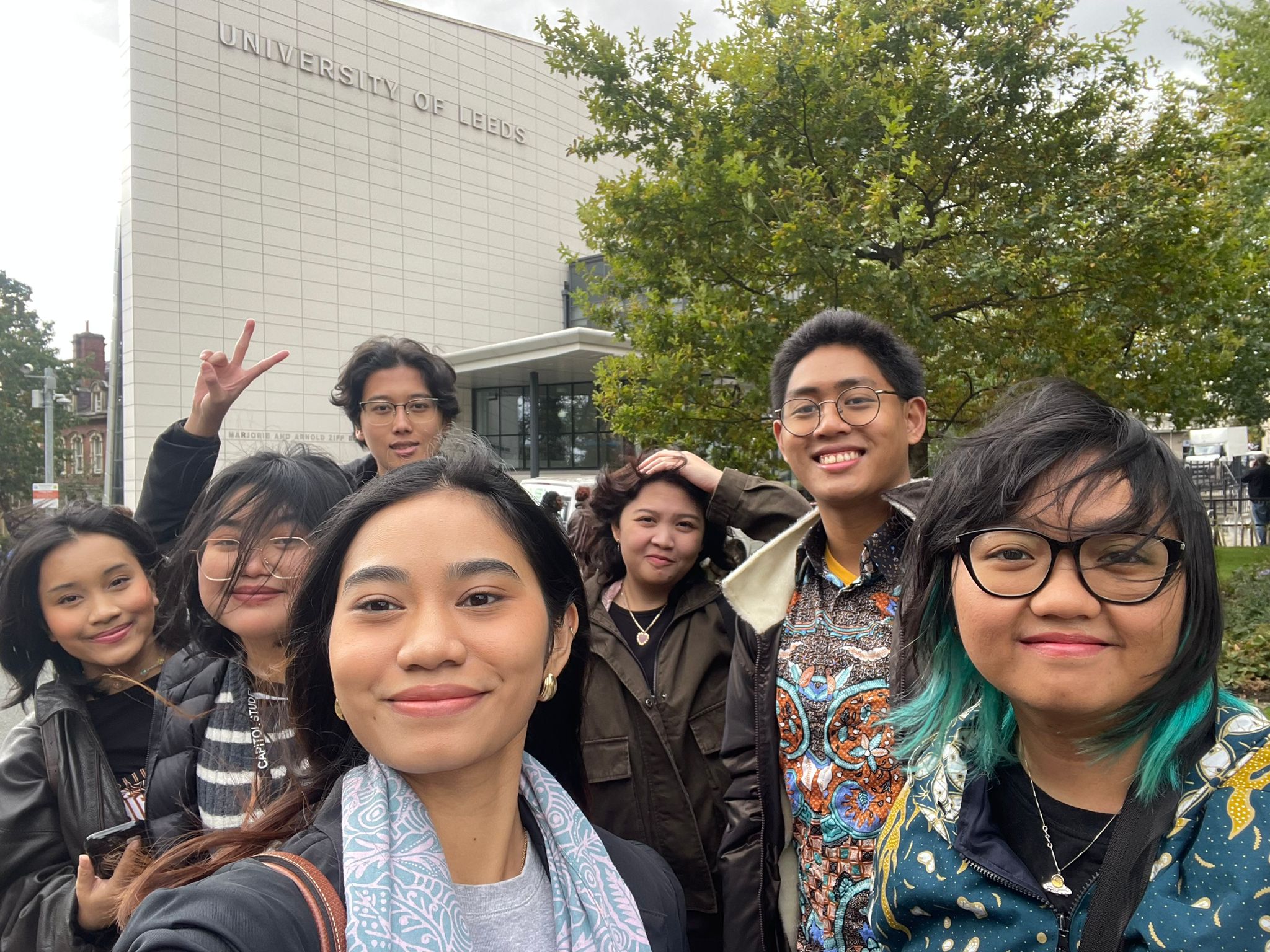
News Release Monday, 21 October 2024
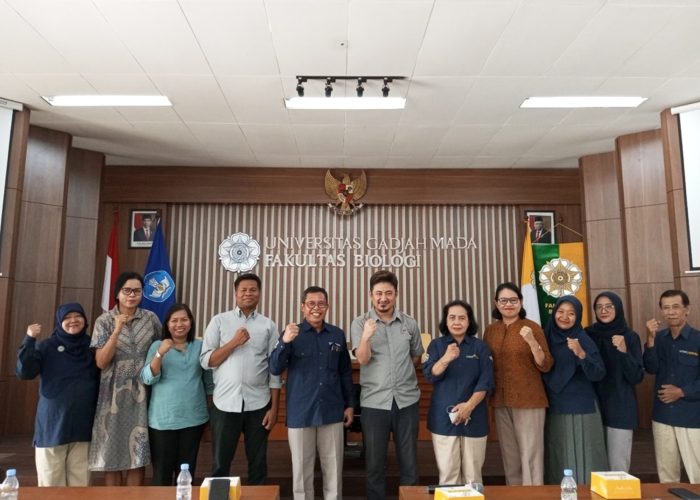
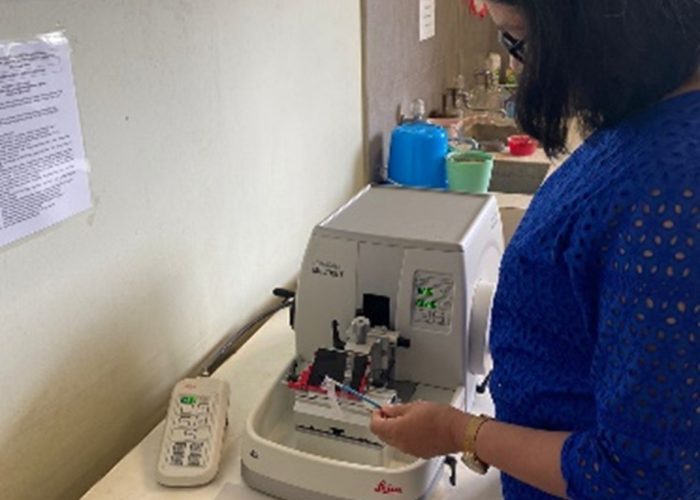
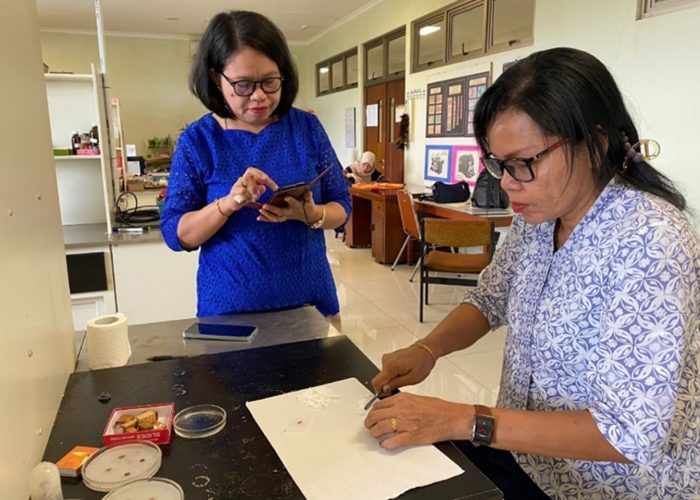

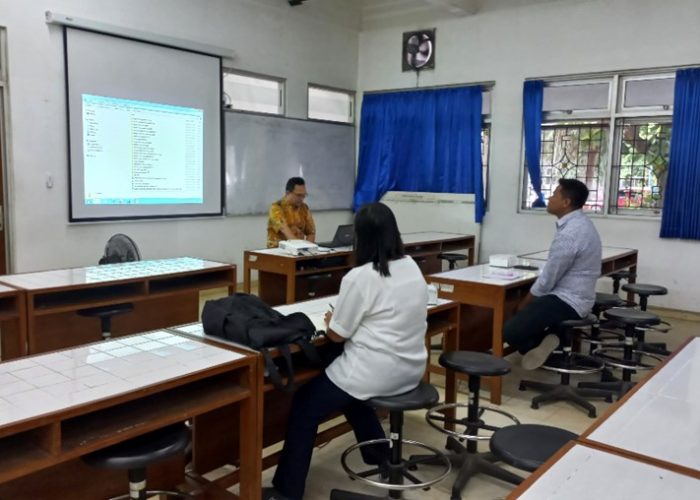
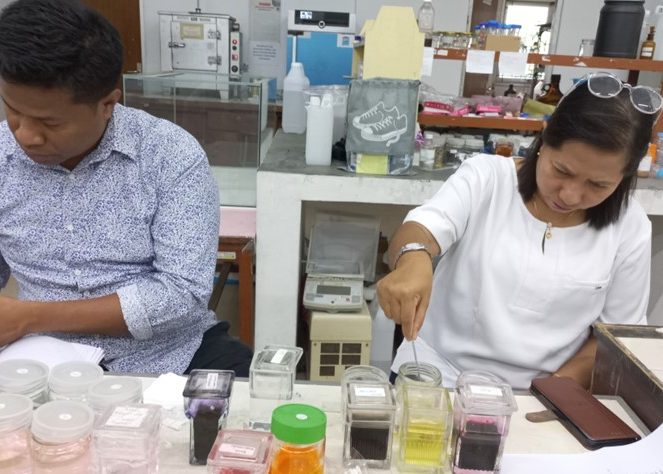
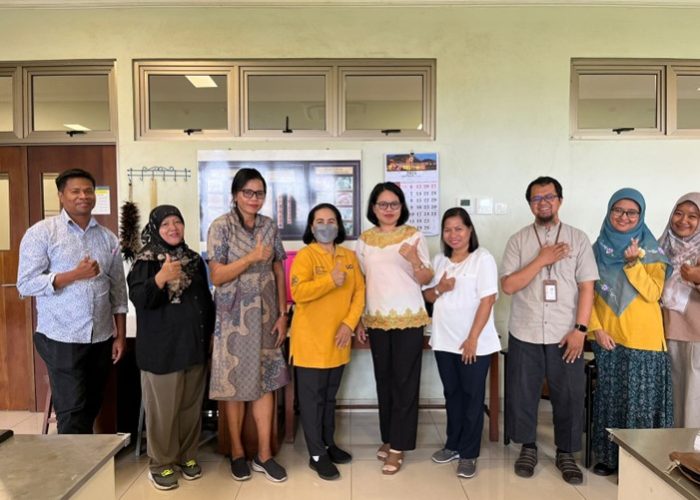
Achivements Sunday, 20 October 2024
